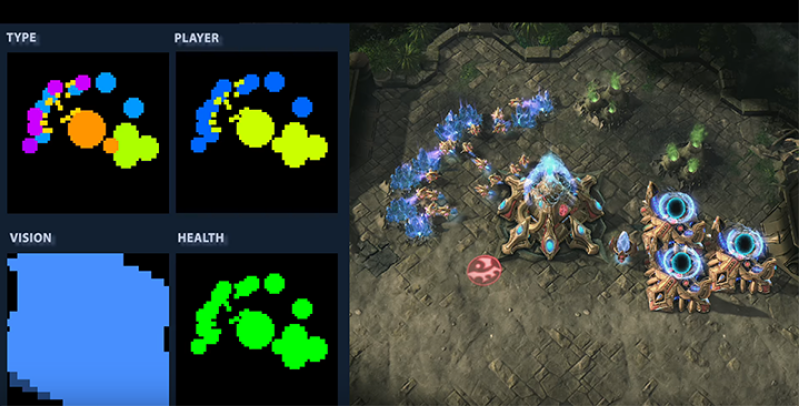
Google's DeepMind artificial intelligence will take on another challenge. The British artificial intelligence company will be working with American video game developer Blizzard Entertainment. This has been announced at Blizzard's recently concluded Blizzcon annual conference. DeepMind will be using StarCraft II as an AI testing environment that will be available to all researchers in 2017.
This is a move for DeepMind to further its AI research. The AI company's Research Scientist Oriol Vinyals shared on their website that StarCraft is an "interesting testing environment". The extremely competitive real-time strategy game will serve as a "useful bridge to the messiness of the real-world". According to The Verge, the former top-ranked StarCraft player in Spain added that the skills the agents are required of could transfer to real-world tasks. Furthermore, the degree of difficulty will be increased. Likewise, the gaming experience will be even more enhanced. Both DeepMind and Blizzard will benefit from this partnership.
DeepMind will want to reach another major achievement in the field of artificial intelligence and computer science. Google boasted back in March that DeepMind's AlphaGo AI had defeated world title holder Lee Se-dol in the ancient Chinese board game Go. The said AI was first unveiled in January. On the other hand, Go is the "most complex board game mankind has devised". This is because the game requires both deep and reinforcement learning.
Players in Go enjoy an advantage that is not present in StarCraft. To put it simply, Go players are able to see the whole board game. This is contrary to StarCraft gamers. They need to "demonstrate effective use of memory, an ability to plan for a long time and the capacity to adapt plans based on new information". This is because they are limited to only a part of the game's map, not the whole playing field.
DeepMind added that they are developing "an API that supports something similar to previous bots written with a 'scripted' interface" with the StarCraft II team.
The StarCraft II game does pose a challenge to DeepMind. But the company is already so used to conquering such feats. They have been pioneers of AI's role in games like the Atari, the above mentioned Go, or in creating environments for Torcs and the upcoming DeepMind Labyrinth. The Verge further reports that both Blizzard and DeepMind admitted that an AI is still far from defeating a top-ranked StarCraft player.
According to Kotaku, StarCraft II's Executive Producer Chris Sigaty is hopeful for the said project with DeepMind to both make advances in AI research and improve the game. He told the Guardian, "Is there the world where an AI can be more sophisticated, maybe even tailored to the player? Can we do coaching for an individual based on how we teach AI?" Perhaps, these questions will be answered next year.






